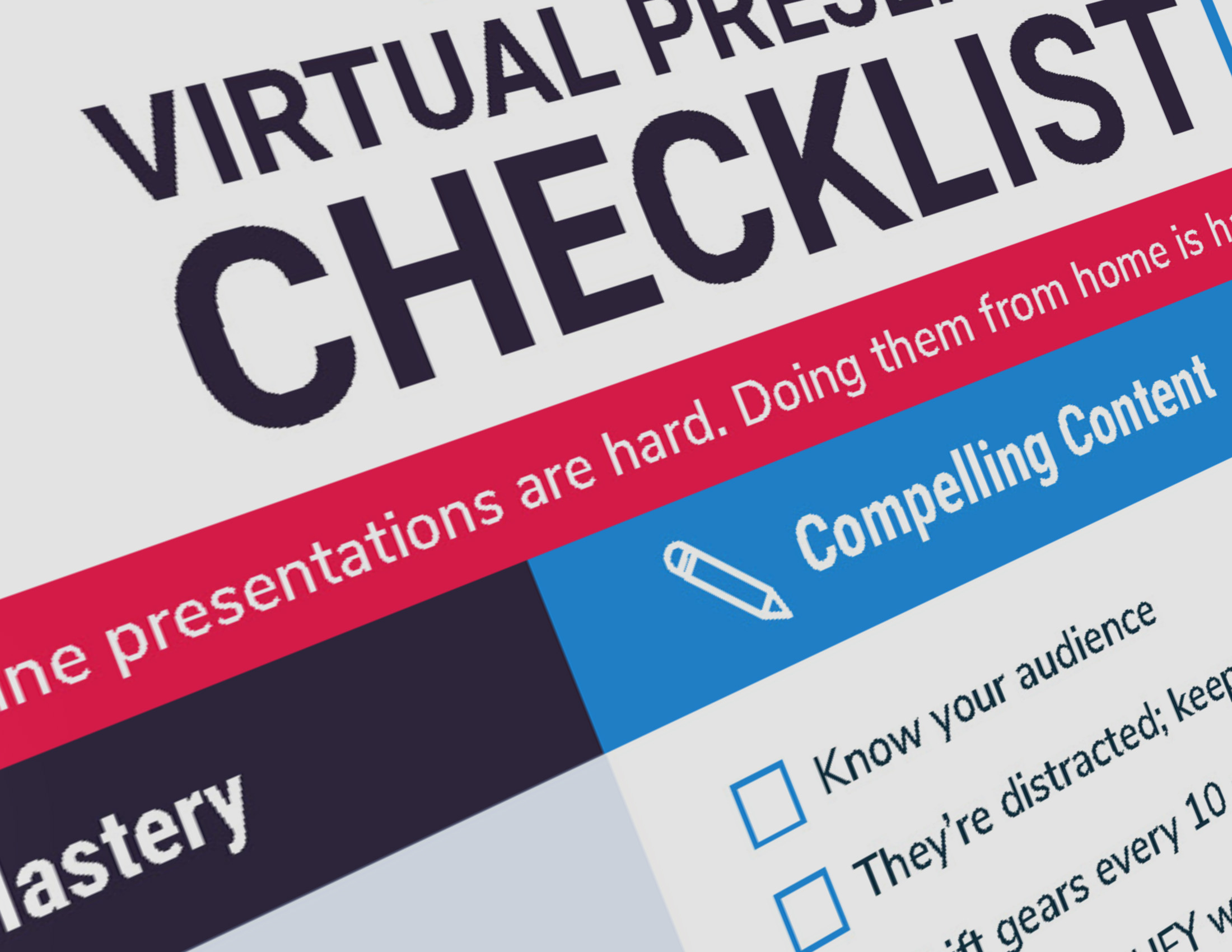 I’ve done a couple of speeches where events beyond my control cut seriously into my allotted speaking time. If you’re ever in that situation, here’s what to do and what not to do.
I’ve done a couple of speeches where events beyond my control cut seriously into my allotted speaking time. If you’re ever in that situation, here’s what to do and what not to do.
The Best Laid Plans …
I construct my presentations meticulously. If I’ve got an hour-long time slot, then I know I will spend, for instance, 41 minutes speaking, 11 minutes on audience interaction and exercises and 8 minutes on Q&A.
It’s not like I’m a robot reciting a script, but I plan, rehearse, edit and time things out enough that it pretty much goes according to the plan.
Then I get to the event and a curve ball is thrown at me. Breakfast arrives 40 minutes late. The equipment fails. They announce they have 10 minutes of “housekeeping” to take care of. Or the speaker before me, who was supposed to give 3 minutes of remarks takes 15 minutes.
All of this has happened to me in the past couple of years.
In spite of all the planning and upfront discussion with the client, you go in thinking you have an hour and find you really only have 45 minutes.
So what to do?
5 Mistakes to Avoid
Here’s what NOT to do:
- Do NOT try to cram all 60 minutes of your content into 45. That’ll never work.
- Do NOT speed through the talk. Your ideas and visuals will just be a blur.
- Do NOT go past your scheduled end-time without the consent of the organizers. That’ll just compound the problem for other speakers after you. (A friend raised the point that you shouldn’t go over even with permission, which is a good point. Even if you’re only cutting into break time — as opposed to another speaker — your audience has planned around the published agenda.)
- Do NOT ask your audience if you can go over time. It’s unfair to put the decision in their hands, and you’ll never get a consensus anyway.
- Do NOT blame or shame whoever’s responsible. Nobody likes a diva. Accept the hand you’re dealt with grace.
5 Things You Can Do
Here are a few things you can do when your time is cut short:
- DO cut a section of your presentation. Figure out what’s the least important information and skip it. I have a presentation on storytelling where I’ve created different versions to fill time slots of 45, 60, 75 and 90 minutes, so I’m always ready to cut when necessary. You may not have time to physically delete slides from your deck, but you can just skip through them with a quick explanation. (Again, no blaming!)
- DO spend a little less time on each slide. For many of my slides, I can speak for anywhere from 30 seconds to 3 minutes, and I’m able to adjust that on the fly as I monitor the clock.
- DO prepare, prepare, prepare. And prepare some more. You can’t accomplish Numbers 1 and 2 without knowing your content backward and forward, inside and out.
- DO save the Q&A for the end. Normally I don’t like to end with Q&A — a lot of speaking experts recommend finishing with your own strong, on-message conclusion instead of the random questions you may get from an audience. But in this case I would say, “I’m going to end my prepared remarks on time so people can get on with their schedules, but I will stay here an extra 10 minutes to take questions for those who can stick around.” (Again, get permission from the organizers. If someone else is using the room right after you, overstaying your welcome is unfair to them.)
- DO be gracious about it all. Your audience will reward you for showing grace under pressure.
Keep Calm & Carry On
My entire life philosophy has been to hope for the best but prepare for the worst, and that preparation has paid off time and again. The more I’m prepared, the more calm I am. (And, of course, the more calm I appear.)
After preparation, I’d say the #1 rule is to keep smiling. Not only will you look calm, but evidence shows it will help you keep calm.
By the way, if you missed them, here are my tips for recovering when things go off the rails. As I said then, “even in the face of the uncontrollable, you can still control one thing: how you respond to it.”
Photo Credit: peggygeiger via Compfight cc




